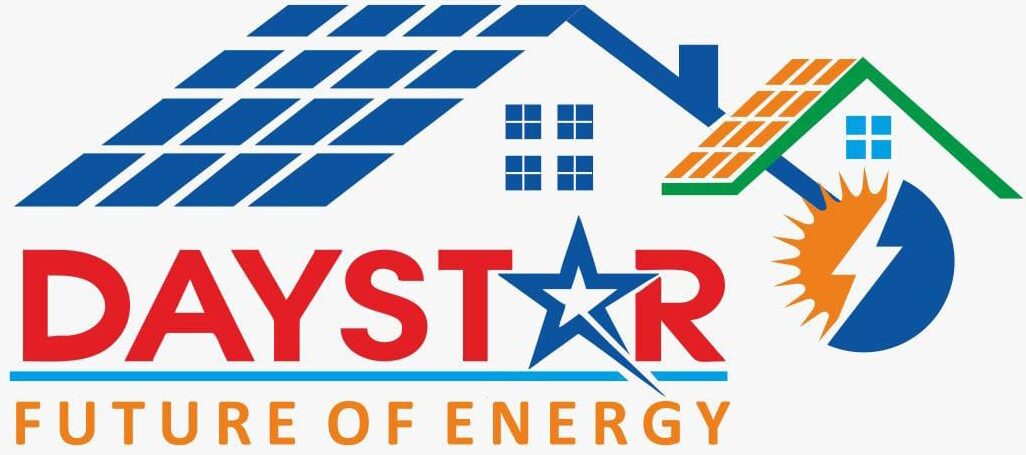Careers in the solar plant industry:
“Careers in the solar plant industry require a diverse range of skills and qualifications, depending on the specific role. For technical positions such as solar engineer or installer, a strong background in electrical engineering, renewable energy systems, or related fields is essential. Additionally, practical experience with solar technologies and installation techniques is highly valued. For project management roles, candidates should possess excellent organizational and communication skills, as well as the ability to coordinate complex projects from inception to completion. Knowledge of relevant regulations and permitting processes is also important for ensuring compliance and successful project implementation. Regardless of the specific role, a passion for sustainability and a commitment to advancing renewable energy solutions are key attributes that employers look for in candidates.”
Conclusion:
Investing in Day star is not just an investment in your property; it’s an investment in a brighter, cleaner future for generations to come. Contact Daystar today to learn more about how our comprehensive solar plant services can benefit you.
Residential
Introduction:
In an era where sustainability and energy efficiency are paramount, residential solar plants offer homeowners a viable solution to harness clean, renewable energy. Let’s delve into the world of residential solar plants and explore how they can revolutionize the way we power our homes.
Benefits:
Installing a solar plant at home comes with a myriad of benefits. Not only does it slash electricity bills by harnessing free sunlight, but it also reduces reliance on fossil fuels, mitigating environmental impact. Furthermore, a residential solar plant can increase the value of your property while providing energy independence.
Components:
A typical residential solar plant comprises solar panels, inverters, and optionally, battery storage systems. Solar panels capture sunlight and convert it into electricity, while inverters convert this electricity into a usable form for household appliances. Battery storage systems store excess energy for use during periods of low sunlight, ensuring uninterrupted power supply.
*Installation Process:*
The installation of a residential solar plant begins with a site assessment to determine solar potential and optimal panel placement. Once the design is finalized and permits are obtained, professional installers mount the panels on rooftops or ground-mounted arrays. Finally, the system is connected to the electrical grid or a battery storage system.
Costs and Financing:
While the upfront costs of installing a residential solar plant can be significant, numerous financing options are available to homeowners. These include solar loans, leases, power purchase agreements (PPAs), and government incentives such as tax credits and rebates. Over time, the savings on electricity bills often outweigh the initial investment.
Maintenance:
Maintaining a residential solar plant is relatively straightforward. Periodic inspections, cleaning of panels, and monitoring system performance are essential to ensure optimal efficiency. Most reputable installers offer warranties and service plans to address any maintenance needs that may arise.
Example:
John and Sarah Smith, residents of Anytown, USA, decided to go solar in 2020. After installing a residential solar plant on their rooftop, they saw a dramatic decrease in their electricity bills. Within five years, the savings from their solar investment covered the initial installation costs, leaving them with virtually free electricity for years to come.
Conclusion:
Residential solar plants represent a sustainable and cost-effective solution for homeowners looking to reduce their carbon footprint and save on energy costs. As technology continues to advance and government incentives become more prevalent, the future looks bright for solar energy in residential settings.
Commercial
